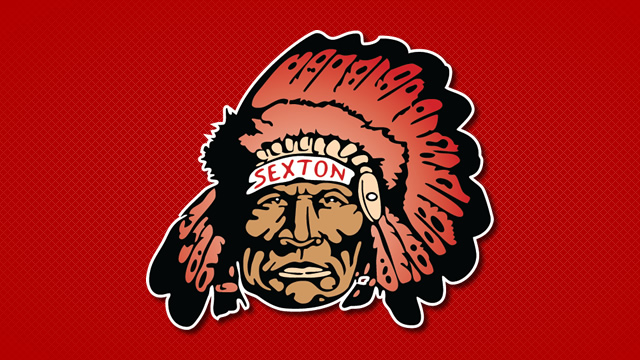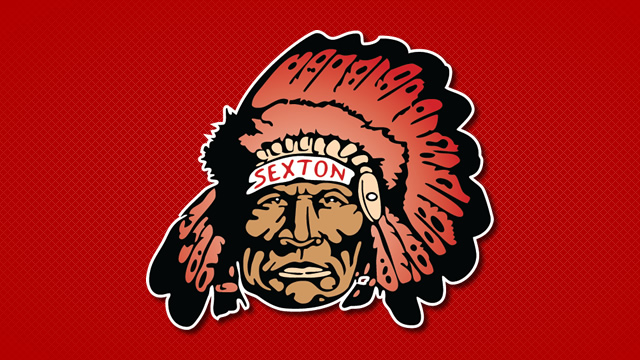Changes To Tribal Agreement Could Mean Fewer Native American Mascots
NHBP Tribal Chair Jamie Stuck says there is a cost barrier associated with changing a school’s mascot.

Schools may be changing their Native American mascots in the near future. That’s thanks to an amendment to the Tribal-State Gaming Compact between the Nottawaseppi Huron Band of the Potawatomi (NHBP) and the State of Michigan.
The amendment will put money into a new Michigan Native American Heritage Fund. The fund is run by a board that will send the money to private and public schools that want to, “promote positive relationships with and understanding of the history and role of Michigan’s Indian tribes,” the tribe said in a press release.
Debates in Michigan over the use of Native American mascots goes back to 2013, and a complaint filed by the Michigan Department of Civil Rights that was eventually dismissed.
NHBP Tribal Chair Jamie Stuck said there is a cost barrier associated with changing a school’s mascot.
“Right now I think there’s a lot of schools that have negative mascot imagery that know that it’s negative,” he said. “And they know that it needs to be changed but where’s the money going to come from?”
Stuck said the costs can range from scoreboards to logos to school letterhead. All of which can be a deterrent for schools that might want to change. He believes the amendment provides a more proactive solution to offensive mascots than has been done in the past.
“To help schools move in a positive direction we figured that with this amendment we can provide grants that will provide or break down the barriers to those issues and provide a solution to the mascot issue,” he said.
While the amendment will also do other things, like give local governments money to cover costs associated with road, sewer and other infrastructure improvements related to from the FireKeepers Casino Hotel in Battle Creek, Stuck said the Michigan Native American Heritage Fund was crucial.
“Education’s the important aspect of this, I think,” he said. “Once people get to know Native American culture, heritage, and Native American communities, they’ll see why this negative imagery can be offensive.”

